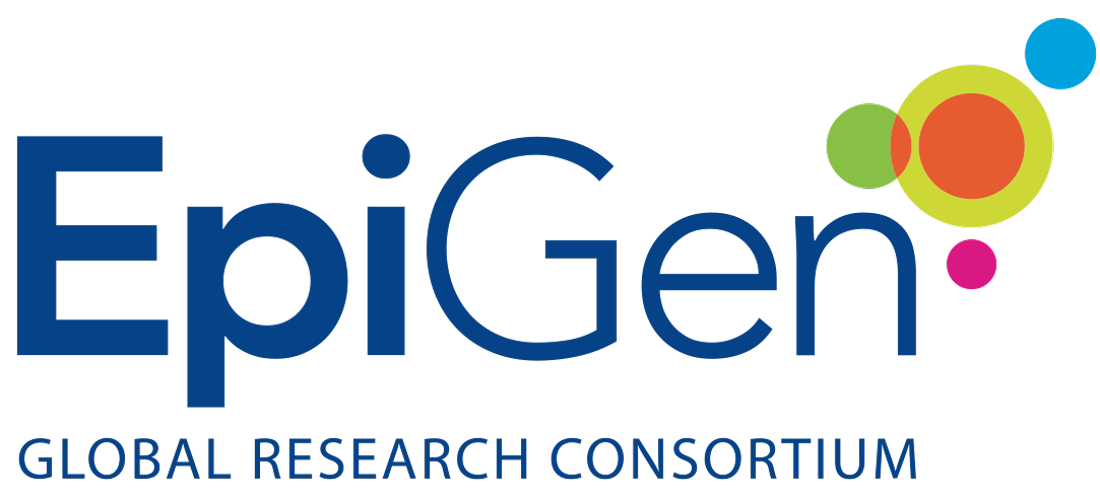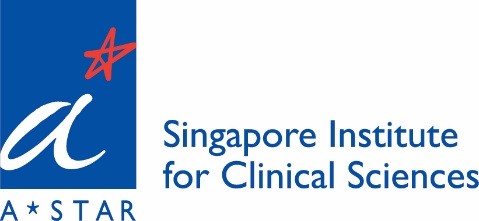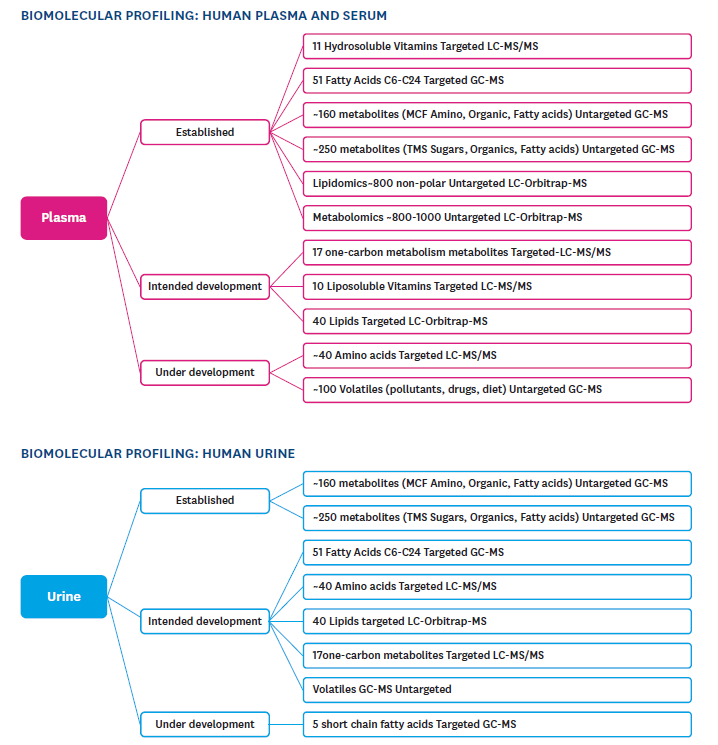Partner Capabilities


Clinical Imaging Research Centre (CIRC), Singapore
Established by the Agency for Science, Technology and Research (A*STAR) and the National University of Singapore (NUS), CIRC is a multidisciplinary and multinational centre with state-of-the-art facilities and a national resource for clinical research and training. The team of dedicated and passionate researchers works synergistically and performs diverse clinical research studies with a key focus on diseases which are of particular relevance to Singapore’s population and medical landscape. Highly integrative and collaborative, CIRC works with both private and public institutions across Singapore, as well as international partners in academic and industrial fields. At CIRC, state-of-the-art Magnetic Resonance Imaging (MRI), Positron Emission Tomography (PET) and radiopharmaceutical manufacturing facilities underscore the Centre’s capabilities and capacities to be at the forefront of translational imaging research. CIRC is one of the few clinical research centres in the world that is equipped with and utilises PET/MRI. This technology combines the exquisite structural and functional characterisation of tissue provided by MRI with the extreme sensitivity of PET imaging of metabolism. CIRC is equipped with PETtrace860 cyclotron to generate radionuclides. Dedicated remote controlled synthesis and dispensing units are used for the production of radiopharmaceuticals. Imaging facilities include two 3T MRI and multi-modality imaging capabilities of PET/MR and PET/CT. High-performance computing and image analysis expertise is also available to support research projects.
Clinical Nutrition Research Centre (CNRC), Singapore
https://www.a-star.edu.sg/cnrc
The Clinical Nutrition Research Centre (CNRC) is a joint initiative between the SICS, A*STAR and the National University Health System. The centre specialises in basic and translational human nutrition research involving studies across the life cycle. These include investigating the impact of macro- and micro- and extra- nutrient intake on human physiology, sensory properties, food behaviour and understanding the role of food structure on human nutrition and health.
The centre has three broad research themes:
1. Metabolic impact of food intake
• Food structure and physiological outcomes
• Glycaemia/glucose metabolism
• Lipid metabolism
• Brown adipose tissue activation
• Cardio-metabolic risk factors
• Food intake and satiety
2. Sensory and cognitive influences
• Cognitive influences on energy intake
• Food choice and selection
• Sensory perception
• Mastication/oral processing
• Texture cues to change the eating rate
3.Impact of food on body composition and metabolic health
• Partitioning of energy metabolism
• Changes in body composition after weight loss
• Impact of weight change on metabolism
• Insulin sensitivity after weight loss
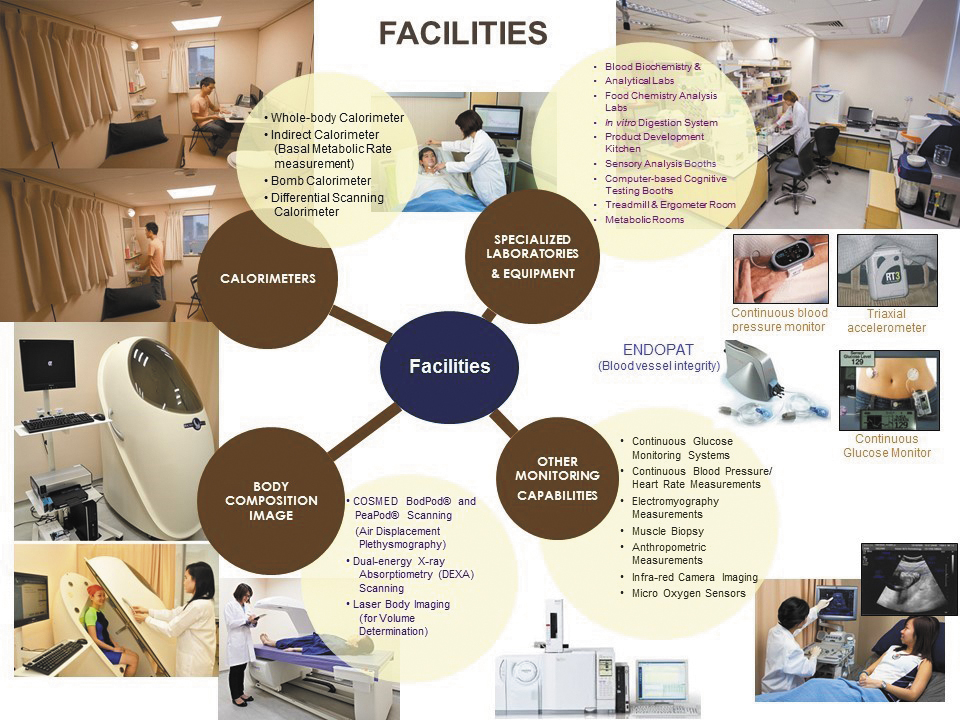
Neurodevelopment Research Centre, Singapore
https://www.a-star.edu.sg/sics/research/platforms/neurodevelopment-rese…
The Neurodevelopment Research Centre is a community health initiative and research platform of SICS and is housed at the KK Women & Children’s Hospital (KKH) in Singapore. The center is a hub for interdisciplinary research on brain development and mental health. Our close alliances with key neuroscience and health partners in Singapore include KKH, the Institute of Mental Health, Duke-NUS Graduate Medical School, National University Health System, National University of Singapore and Nanyang Technological University. With an emphasis on evidence-based healthcare, we are actively involved in local and regional epidemiological studies that assess the molecular basis of environmental influences on brain development, psychological health and function. Some of these studies are incorporated within GUSTO, the largest longitudinal birth cohort study in South-East Asia, and we anticipate findings of social and biological significance for today’s Asian family. As a platform to incorporate cognitive science in public health practice and propose suitable interventions, we partner with community-based programs such as REACH, a national childhood mental health programme, and the KKH Department of Child Development. Through these initiatives, we also seek to understand the biological causes of childhood and adolescent challenges in learning, emotional health and behaviour.
Assessment capabilities
• Task-based behavioral observations
- Attention and imitation in newborns
- Focused attention
- Habituation
- Memory (relational binding tests)
- Mother-child interactions
• Eye tracking-based measures of cognition
• Electroencephalography (EEG) and event-related potentials (ERP) measurements
• Non-sedated neonatal, infant and child neuroimaging
• Non-sedated pediatric neuroimaging
• Heart rate monitoring
• Actigraphy (sleep and circadian rhythms)
• Social-emotional function (interaction models)
• Appetite, taste preferences and feeding behavior
• Questionnaire-based tests on topics including:
- Bayley scales of infant and toddler development
- Sleep and health
- Infant and child temperament
- Maternal emotional health
- Language development
Epigenetics Core Facility
The Epigenetics Facility is part of the Human Development and Health Academic Unit at the University of Southampton. It is a multi-user facility which provides capabilities in a range of epigenetic and other molecular and cellular measurements. The facility is utilised by academic and commercial collaborators in Europe, Singapore and New Zealand, and by several research groups in the HDH and Cancer Sciences academic unit. The facility comprises a Pre-PCR lab, a Thermocycler lab and an Epigenetics lab which houses the main analytical equipment: a Sequenom MassArray Analyser 4, a MD Pyrosequencer and the RainDance ThunderStorm® System. The Mass Array and Pyrosequencer are capable of high resolution, high throughput methylation analysis and genotyping. The RainDance ThunderStorm® is a fully automated, high-throughput DNA enrichment system. The facility is managed by fully trained and experienced staff, including a Laboratory Manager and a Technician who are highly specialised in this field.
Capabilities
The MD Pyrosequencer is 96 well format and utilises sequencing by synthesis to measure DNA methylation at individual CpG within amplicons up to 60 bp long. It can also measure up to 4 SNPs within 60 bp and measure InDels and CNV’s. The MassARRAY analyser 4 system is 384 well format and utilises MALDI-TOF mass spectrometry to measure DNA methylation within amplicons up to 600 bp. It can measure SNPs, InDels and CNVs. Furthermore, it can perform genotyping of up to 40 different SNPs within a single multiplex reaction. Many predesigned and validated panels are available e.g. cancer. The Thunderstorm DNA enrichment system can be performed in 96 well format. It is a fully automated Next Gen sequencing content enrichment system which utilises single molecule picodroplet PCR technology to generate millions of unique picodroplet PCR reactions. Up to 20,000 genomic loci can be interrogated per sample, and up to 4,000 epigenomic loci per sample.

MRC Lifecourse Epidemiology Unit
The MRC Lifecourse Epidemiology Unit (LEU) was established in 2010, under the direction of Professor Cyrus Cooper, and addresses the environmental determinants of musculoskeletal and metabolic disease throughout the lifecourse. In May 2013, the unit completed its integration with the University of Southampton in a successful University-Unit Partnership (UUP). We are interested in the interplay of causes acting at different stages of the lifecourse from before conception through to old age, and the ways in which environmental influences modulate gene expression to produce disease. Through an understanding of the causes of these disorders, and evaluation of interventions at appropriate stages in the lifecourse, we aim to provide robust and timely evidence which informs policies to improve population and individual health. The unit has 75 staff and a budget of £3m per year.

NIHR Southampton Biomedical Research Centre
The Southampton Centre for Biomedical Research (SCBR) lies at the core of our clinical and biomedical research partnership with University Hospital Southampton NHS Foundation Trust. This body coordinates the people and resources of our major clinical research facilities, units and centres which are supported by £27m of National Institute for Health Research (NIHR) funded infrastructure which includes the following:
• NIHR Southampton Biomedical Research Centre with nutrition and respiratory research main themes
• NIHR Southampton Biomedical Research Centre data science, microbial science and behavioural science cross-cutting themes
• NIHR/Wellcome Trust Clinical Research Facility
• NIHR/Cancer Research UK Experimental Cancer Medicine Centre
• NIHR/Cancer Research UK University of Southampton Clinical Trials Unit
The SCBR enables Southampton to be much greater than the sum of its components, so that researchers work faster and more efficiently. Quality assured nursing, specialist laboratories, clinical governance and facilities mean a wide range of health issues can be efficiently investigated, with confidence.
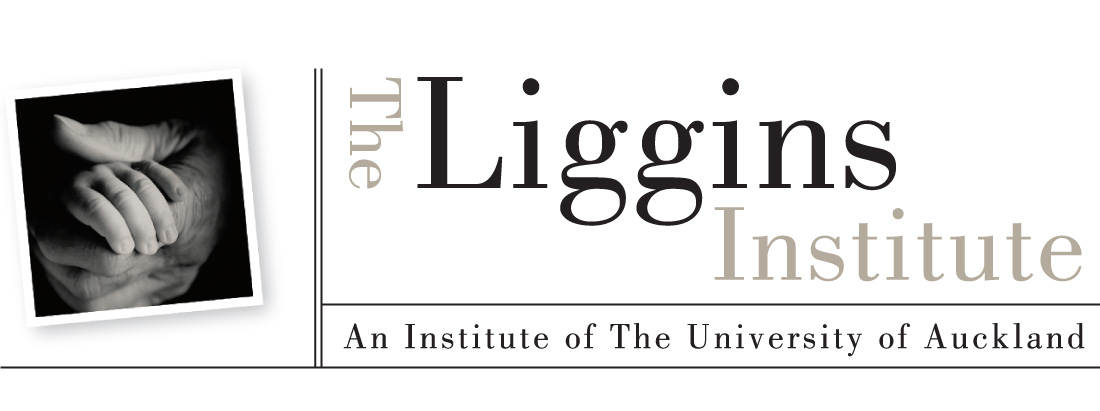
Biomolecular profiling capabilities available or accessible to the Liggins Institute at the University of Auckland
“A Healthy Start to a Healthy Life” is the overarching theme of the Liggins Institute, with a focus on how the early life environment, including maternal, foetal and neonatal nutrition, can have a life-long impact on health. In this institutional context, we have established and are still developing longitudinal, holistic molecular phenotyping by high-end omics techniques and advanced data analysis. The purpose is to gain comprehensive insights into – mainly metabolic – health and growth and to generate new hypotheses in this field, with the latter complementing the testing of preconceived hypotheses. Minimally invasive sampling of blood, urine and breast milk of mothers; and/or blood, urine, stool of babies and children, is the prerequisite for such molecular phenotyping. Mass spectrometry and its deployment in metabolomics and micronutrient profiling, respectively, are the enabling technologies behind such holistic analyses. They have been recently elevated to and deployed in (large-scale) clinical applications. Longitudinal phenotyping of human subjects over time, across life span, and pre- and post-intervention are beginning to reveal “personal” candidate markers and mechanisms of gastrointestinal, metabolic and cognitive health, as well as nutritional response.
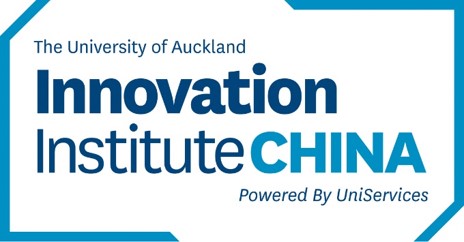
University of Auckland Innovation Institute China
Auckland UniServices has established a new Innovation Institute in the Chinese city of Hangzhou. The Institute occupies a 2800m2 physical space in the Hangzhou Economic and Technological Development Area (HEDA) and will quickly become a world-class centre for research and innovation. Hangzhou is one of China’s leading innovation and technology hubs and is home to the research and development centres of leading companies like Siemens, Abbott, Pfizer, Novartis, Bayer, Eli Lilly, Merck, Huawei and ABB. The Institute is seen as a potential springboard for market investigation, research and commercialisation between EpiGen partners and China.
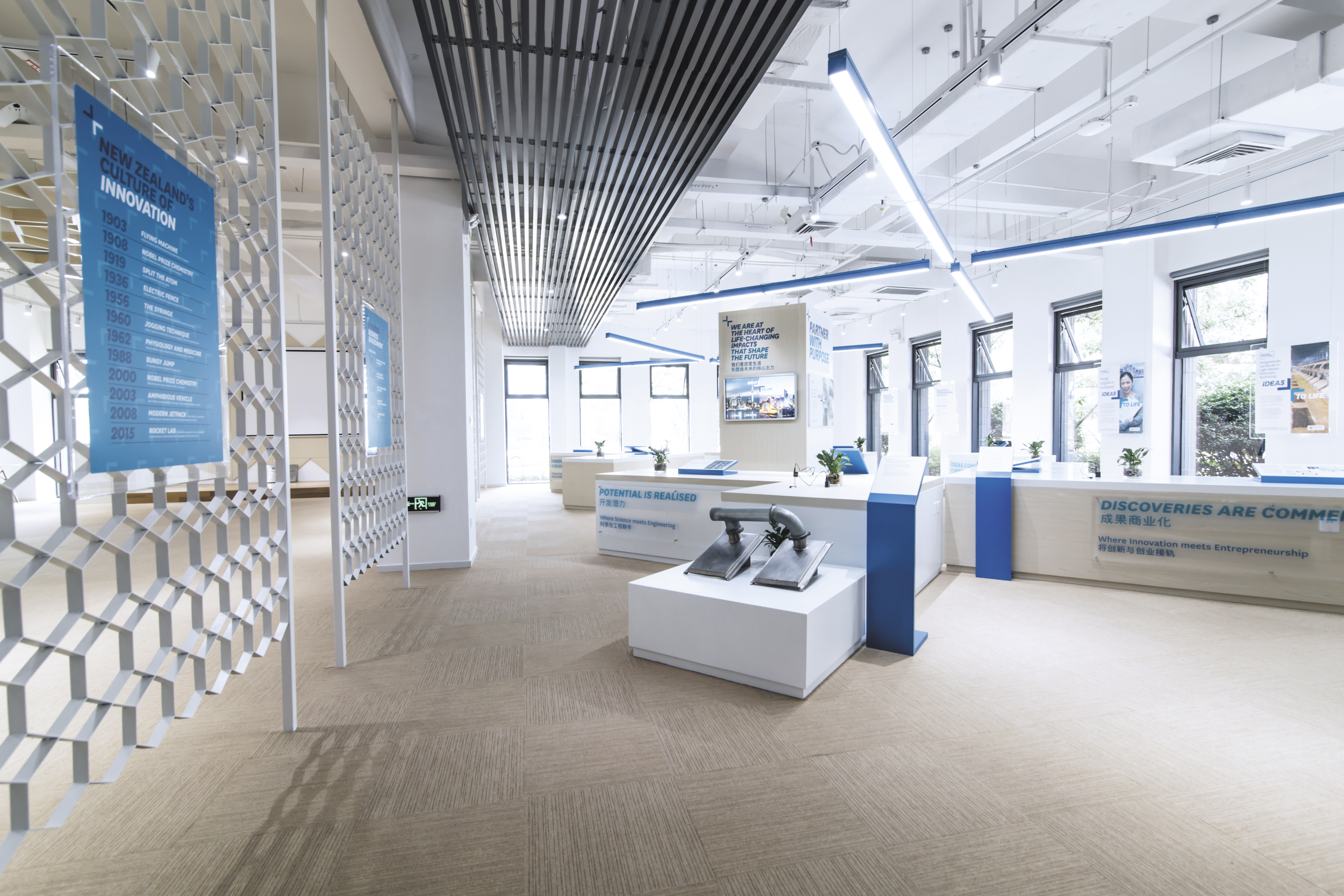 |
 |
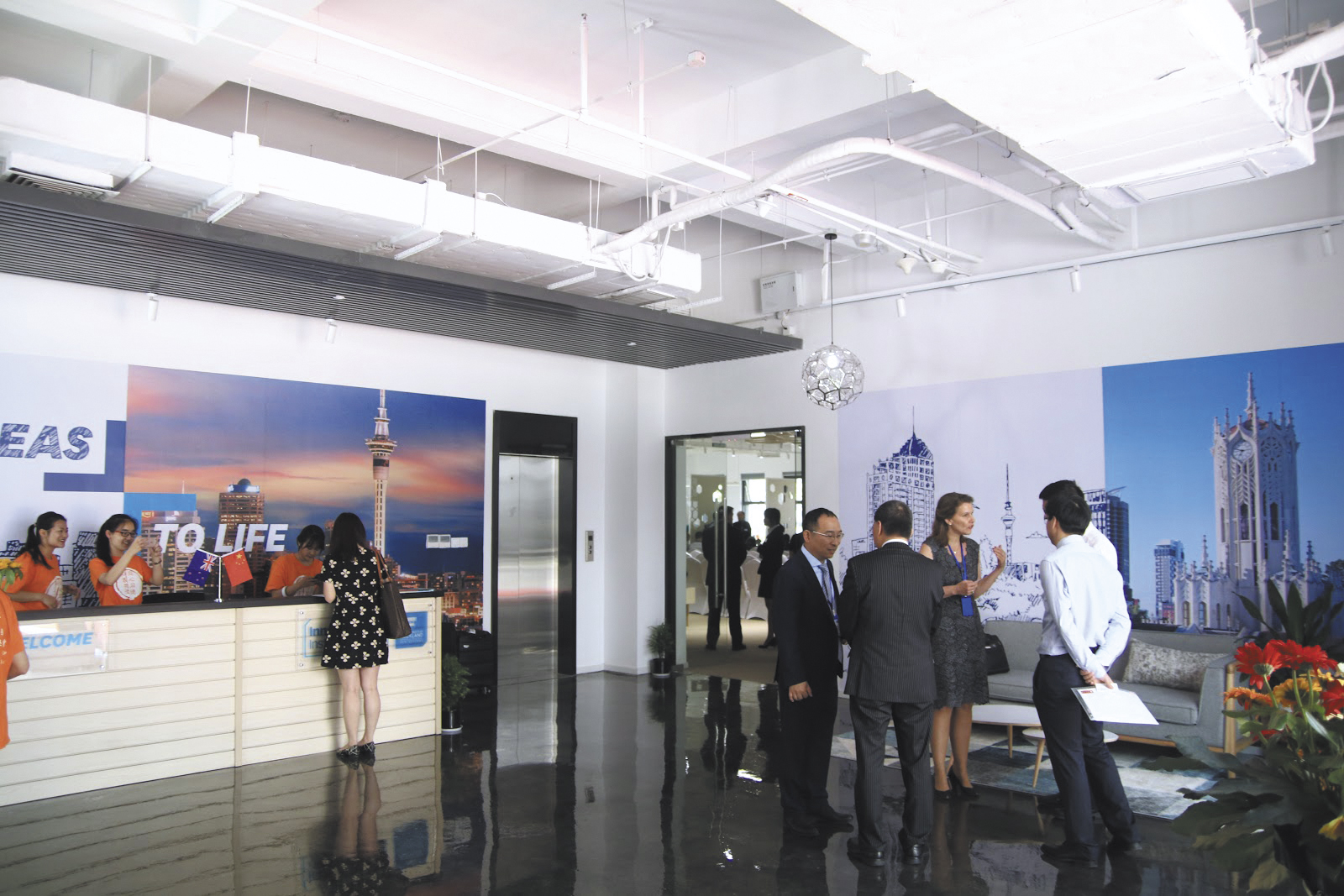 |
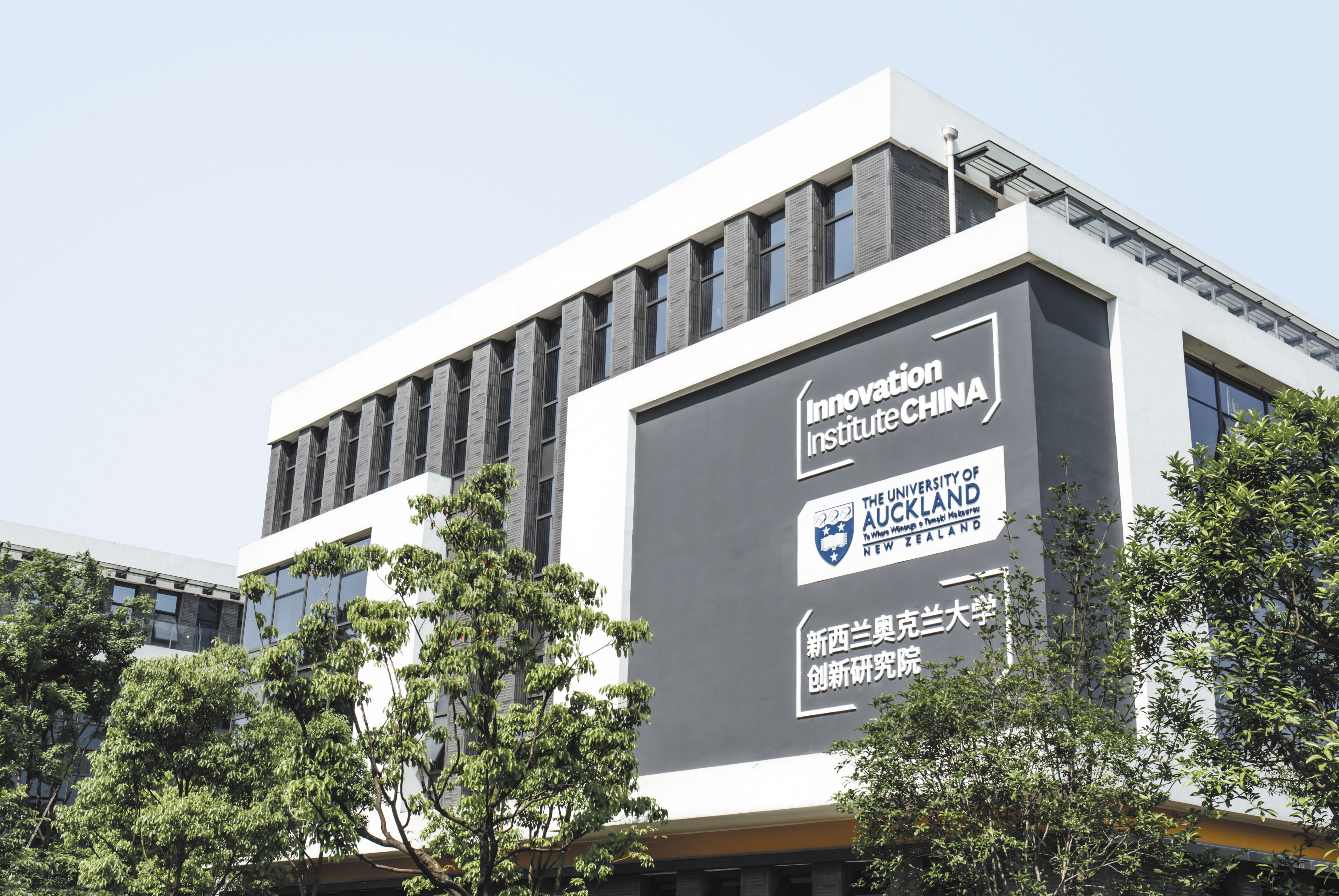 |
